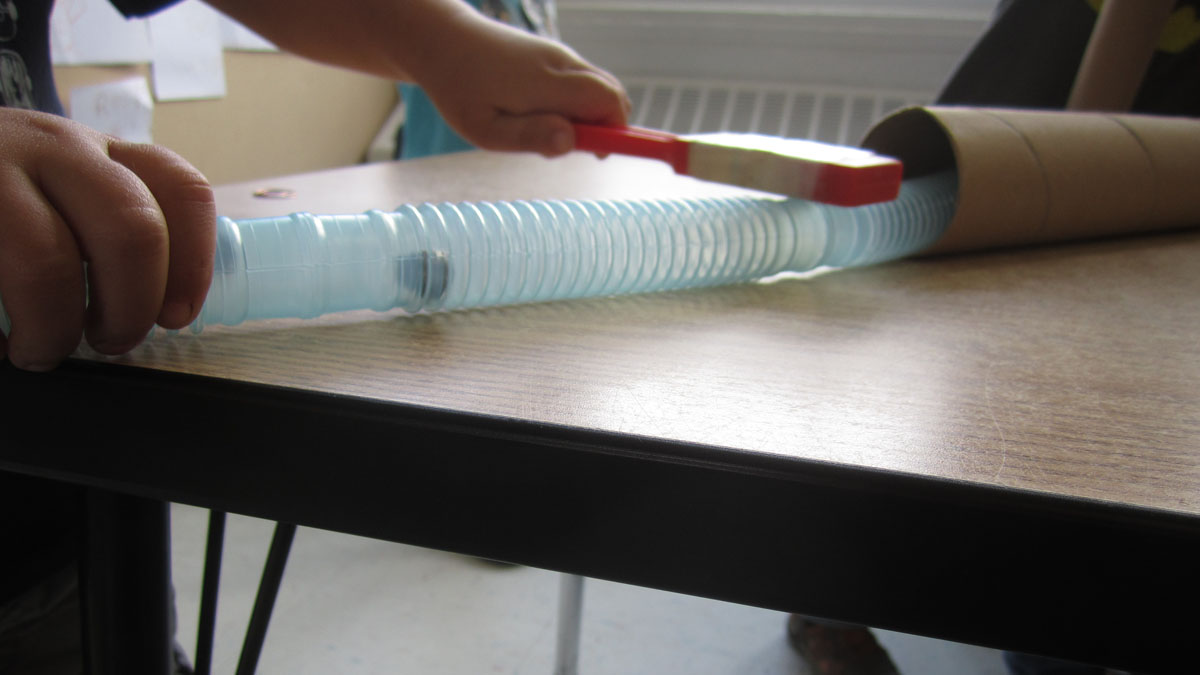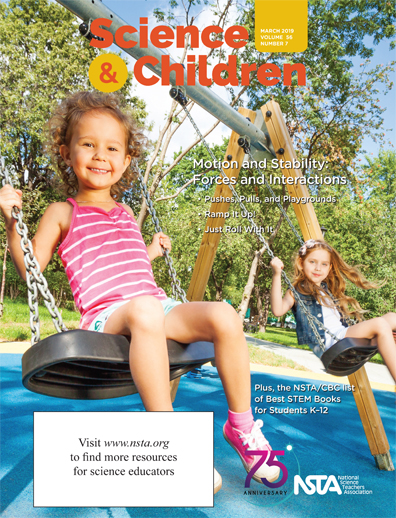Editorial
Good News for Post-Secondary Educators
Good News for Post-Secondary Educators
By David Wojnowski, PhD, Elizabeth Allan, PhD
The Journal of College Science Teaching’s editor shares thoughts regarding the current issue.
The Journal of College Science Teaching’s editor shares thoughts regarding the current issue.
The Journal of College Science Teaching’s editor shares thoughts regarding the current issue.
What’s Important: An Exploratory Analysis of Student Evaluations About Physics Professors on RateMyProfessors.com
By Mihwa Park
This study explores students’ evaluations of their introductory physics professors posted on RateMyProfessors.com.
This study explores students’ evaluations of their introductory physics professors posted on RateMyProfessors.com.
This study explores students’ evaluations of their introductory physics professors posted on RateMyProfessors.com.
Arriving at a Better Answer: A Decision Matrix for Science Lab Course Format
Arriving at a Better Answer: A Decision Matrix for Science Lab Course Format
By Emily K. Faulconer, Laura S. Faulconer, and James R. Hanamean
This article presents a single case study and a decision matrix for how one institution informed their choice for the modality of a chemistry lab course.
This article presents a single case study and a decision matrix for how one institution informed their choice for the modality of a chemistry lab course.
This article presents a single case study and a decision matrix for how one institution informed their choice for the modality of a chemistry lab course.
A Short, Course-Based Research Module Provides Metacognitive Benefits in the Form of More Sophisticated Problem Solving
By Caroline L. Dahlberg, Benjamin L. Wiggins, Suzanne R. Lee, David S. Leaf, Leah S. Lily, Hannah Jordt, and Tiara J. Johnson
This article describes how a short, course-based research module that provides metacognitive training in a high-enrollment biology course enhances complexity of student responses to a research-related problem-solving exercise.
This article describes how a short, course-based research module that provides metacognitive training in a high-enrollment biology course enhances complexity of student responses to a research-related problem-solving exercise.
This article describes how a short, course-based research module that provides metacognitive training in a high-enrollment biology course enhances complexity of student responses to a research-related problem-solving exercise.
Teaching Through Trade Books
Interacting With Forces
By Christine Anne Royce

Formative Assessment Probes
Formative Assessment Probes: Describing the Motion of a Marble
Staying true to the purpose of a formative assessment probe
Tech Talk
Motion and Stability
Forces and Interactions
By Heather Pacheco-Guffrey
The Early Years
The Early Years: Exploring Magnetism
Editor's Note
Editor's Note: Teaching Forces and Motion
Teacher's Toolkit
So Many Words, So Little Time
Concept sorts as a performance task across the learning cycle
By Pamela Segal, Montana McCormick
Exploring maker spaces, engineering, and more
Exploring maker spaces, engineering, and more
Exploring maker spaces, engineering, and more




